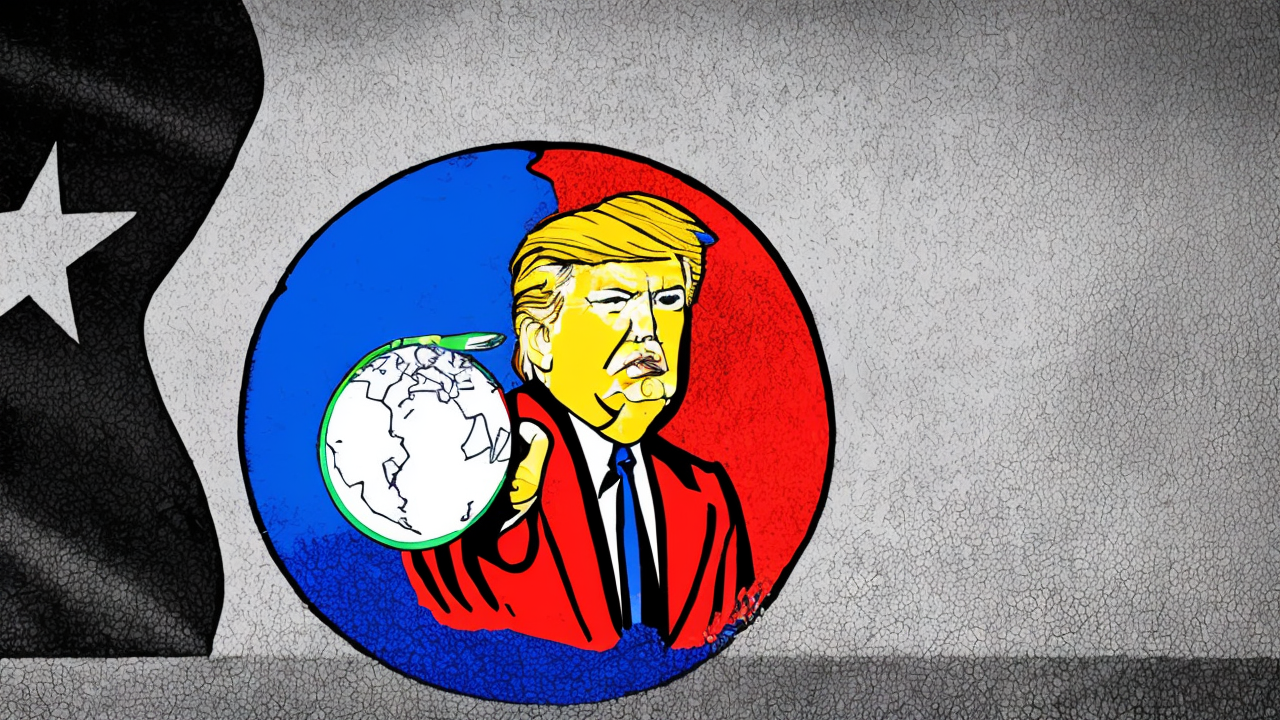Conservative Analysis: Assessing the Premises of Potential Conflicts

The United States stands at a crossroads in its foreign policy. As tensions rise with nations like Iran, Venezuela, and Nigeria, the temptation is strong to respond with military force or sweeping diplomatic gestures. Yet a deeper examination reveals that the real problem is not the behavior of other nations but the failure of American leadership to uphold national sovereignty, moral clarity, and strategic realism.
In Iran, the assumption that nuclear threats are exaggerated ignores the broader picture. While intelligence may not confirm active weaponization today, the regime has long pursued enrichment capabilities under the guise of peaceful energy. The 2015 deal, often praised as a diplomatic triumph, did little more than delay the inevitable. It allowed Iran to continue enriching uranium, expand its missile program, and fund proxy wars across the Middle East. No lasting agreement can be built on the assumption that hostile regimes will remain peaceful indefinitely. History teaches us that power, not promises, determines stability.
Venezuela presents another case where idealism clouds judgment. The claim that the country is not a major source of drugs entering the United States contradicts the evidence. U.S. drug enforcement agencies have repeatedly traced cocaine shipments to Venezuelan ports and airfields. The Maduro regime’s failure to secure its borders, combined with its reliance on narco-revenue to sustain its grip on power, suggests more than passive neglect. When a government turns a blind eye to trafficking networks that fuel violence and corruption, it becomes complicit by default. Ignoring this reality does not protect American communities—it endangers them.
In Nigeria, the conflict between Christian communities and extremist groups is often reduced to a simple narrative of land disputes. While climate change and resource scarcity have contributed to tensions between farmers and herders, the core of the violence lies in the deliberate targeting of religious minorities by Islamist militants. These groups do not fight over farmland—they fight to erase Christian presence and impose a radical ideology. To frame this as a mere conflict over grazing rights is to mischaracterize a growing threat to human life and cultural continuity. When extremists attack churches, abduct children, and burn villages, the issue is not land—it is ideology.
These cases reveal a deeper flaw: the belief that diplomacy alone can manage international crises. Nations do not negotiate out of goodwill—they negotiate out of necessity. When a country lacks strength, its words carry no weight. The United States has long operated under the assumption that moral leadership and international cooperation are enough. But in a world where power still determines outcomes, moral posturing without strength invites exploitation.
The solution is not to retreat from the world, but to reassert American principles with clarity and resolve. This means prioritizing national security, protecting our borders, and standing firm against those who seek to undermine our values. It means recognizing that peace is not achieved through appeasement, but through strength, consistency, and accountability.
A healthy foreign policy begins at home. When a nation protects its people, upholds the rule of law, and respects its own traditions, it becomes a beacon of stability. When it abandons those foundations in favor of global idealism, it weakens itself and invites chaos.
The path forward is not more intervention, but wiser leadership. We must base our decisions on facts, not hope. We must defend our interests with courage, not hesitation. And we must remember that true strength lies not in endless negotiations, but in the courage to stand for what is right—even when it is unpopular.
Published: 11/13/2025








